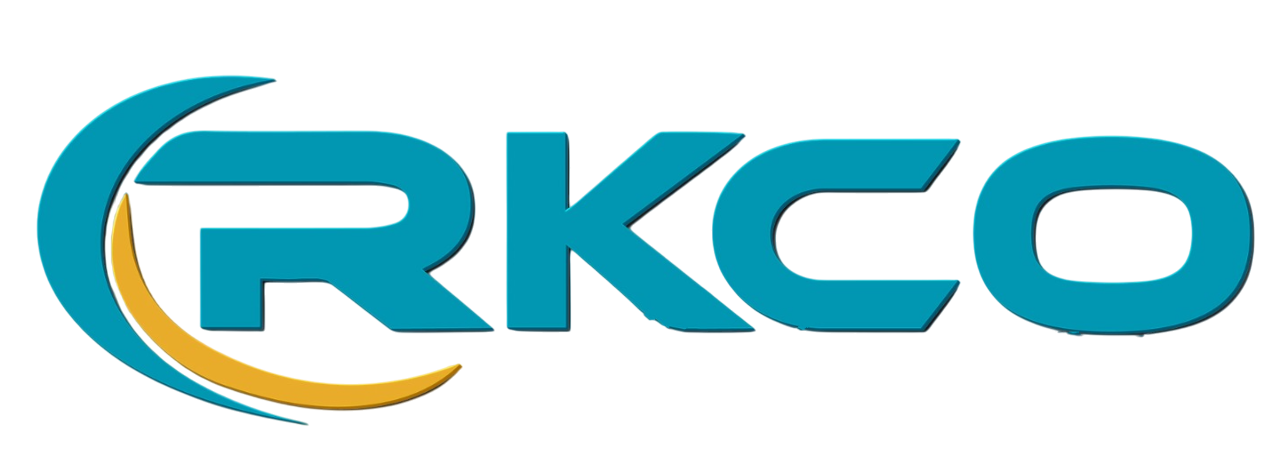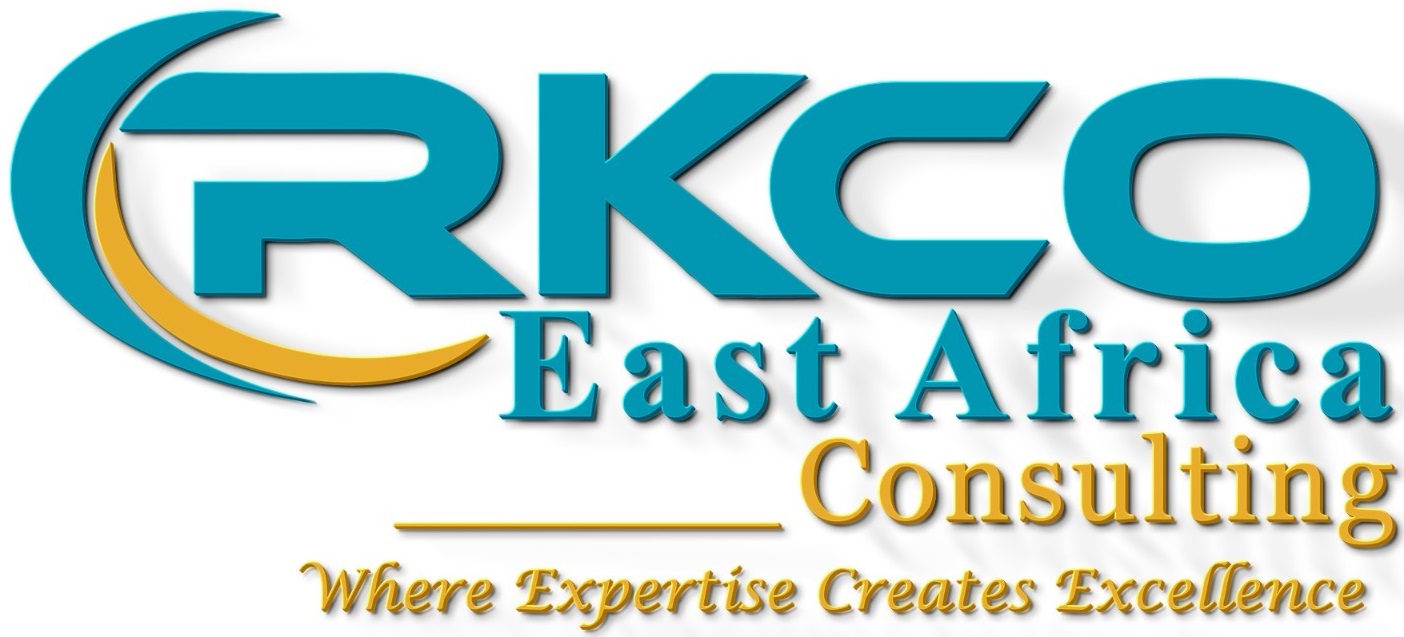
Published by RKCO East Africa Consulting
Internal auditors play a crucial role in safeguarding the integrity, accountability, and sustainability of organizations. But what happens when leadership — including CEOs or even Audit Committees — fails to support you in doing your job?
It’s an uncomfortable but real scenario:
You uncover a significant issue.
You report it professionally and with integrity.
Suddenly — emails go unanswered, meetings are canceled, and doors quietly close.
So, what should you do? Give up? Stay silent? Absolutely not.
Here’s a structured guide for internal auditors facing lack of support from leadership, written by RKCO East Africa Consulting to help strengthen governance in organizations across East Africa and beyond.
🚨 3 Critical Actions Every Internal Auditor MUST Take
✅ 1. Document Meticulously — It’s Your Professional Shield
When facing resistance, documentation is your first line of defense.
- Keep detailed records of issues raised.
- Log all meetings: dates, attendees, agendas, and outcomes.
- Save all email threads and written communication related to your findings.
- Record instances of management refusing access to information or resources.
Why is this important?
In situations where accountability is questioned or legal risks arise, this documentation can protect your career, your reputation, and your professional standing.
🚀 2. Escalate Through the Right Channels
Remember: Internal auditors don’t work for management — they work on behalf of the organization.
If you encounter pushback from the CEO or other senior leaders:
- Escalate to the Audit Committee Chair.
- If necessary, raise the issue to the full Board of Directors.
- Engage regulatory authorities (depending on your industry requirements).
As an internal auditor, you have a professional obligation under the International Professional Practices Framework (IPPF) to escalate unresolved critical matters. Upholding this standard protects not only your organization — but also your profession.
🛡️ 3. Seek External Professional Guidance — You Are Not Alone
Facing these challenges doesn’t mean you’re on your own. Support systems are available:
- The Institute of Internal Auditors (IIA) offers professional guidance, technical resources, and networking support.
- Consult with whistleblower protection lawyers or compliance experts where necessary.
- Understand your legal rights and whistleblower protections applicable in your jurisdiction.
Professional independence is not a suggestion — it’s a requirement. By leaning on these resources, you can navigate difficult ethical dilemmas with confidence and support.
💡 Final Thought: Internal Audit Independence Is Not Just a Buzzword
If you’re being pressured to ignore serious risks, alter audit findings, or remain silent about major issues — that’s not just risky for your organization, it’s unethical.
Internal auditors are guardians of integrity.
You are tasked not with pleasing management — but with protecting the organization’s long-term sustainability and reputation.
At RKCO East Africa Consulting, we stand with internal auditors who uphold these principles.
You are NOT powerless. Your integrity matters.
🏢 Need support building a stronger governance and internal audit function?
Contact RKCO East Africa Consulting today to learn how we can help strengthen your internal audit systems, enhance your governance practices, and protect your organization’s future.
RKCO East Africa Consulting — Where Expertise Creates Excellence.
[📧 info@rkcoeastafricaconsulting.co.ke | 🌐 www.rkcoeastafricaconsulting.co.ke | 📞 +254 715 503 403





